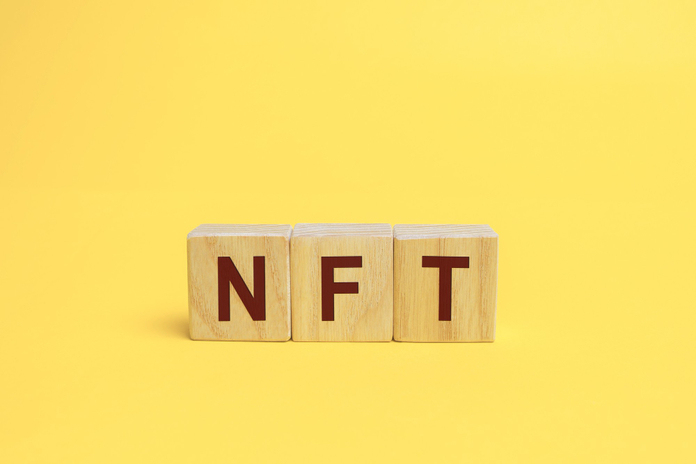Abra Settles with SEC Over Unregistered Securities
This post was originally published on this site

Settlement Details
Crypto lending platform Abra, officially known as Plutus Lending LLC, has settled with the U.S. Securities and Exchange Commission (SEC) following charges related to the sale of unregistered securities and operating as an unregistered investment company. The settlement includes civil penalties, the amount of which is yet to be determined by the court.
Allegations and Abra Earn Program
Abra Earn, a program offered by the startup, allowed retail investors to deposit their crypto assets in exchange for interest, with promotions describing returns as generated “auto-magically.” At its peak, the Abra Earn program managed approximately $600 million in assets, including nearly $500 million from U.S. investors. The SEC’s complaint alleges that Abra exercised discretion in investing consumer funds to deliver high yields and operated as an unregistered investment company for at least two years.
Regulatory Issues
The SEC’s complaint highlights that Abra held more than 40% of its total assets, excluding cash, in investment securities, including loans of crypto assets to institutional borrowers. In June 2023, Abra began to wind down the Abra Earn program and instructed U.S.-based customers to withdraw their assets.
Stacy Bogert, associate director of the SEC’s Division of Enforcement, stated that Abra sold nearly half a billion dollars of securities to U.S. investors without adhering to registration laws intended to provide investors with accurate information for informed decision-making.
Investor Impact and Company Status
Abra’s investors included notable entities such as Amex Ventures, Blockchain Capital, and the Stellar Development Foundation. At one time, the startup achieved a $500 million valuation. The SEC’s action follows a trend of similar crypto lenders, including BlockFi, Celsius, and Voyager, which filed for bankruptcy in 2022.
An Abra spokesperson clarified that no consumers were harmed by the settlement or the wind-down of Abra Earn. All assets, including accrued interest, were transferred to U.S. customers’ Abra Trade accounts in 2023. Abra continues to operate in the U.S. through Abra Capital Management, an SEC-registered investment adviser.
Conclusion
The settlement underscores the regulatory challenges facing crypto firms and highlights the importance of compliance with securities laws. Abra’s case follows a pattern of increasing scrutiny and enforcement actions within the cryptocurrency sector.
Featured Image: Freepik






